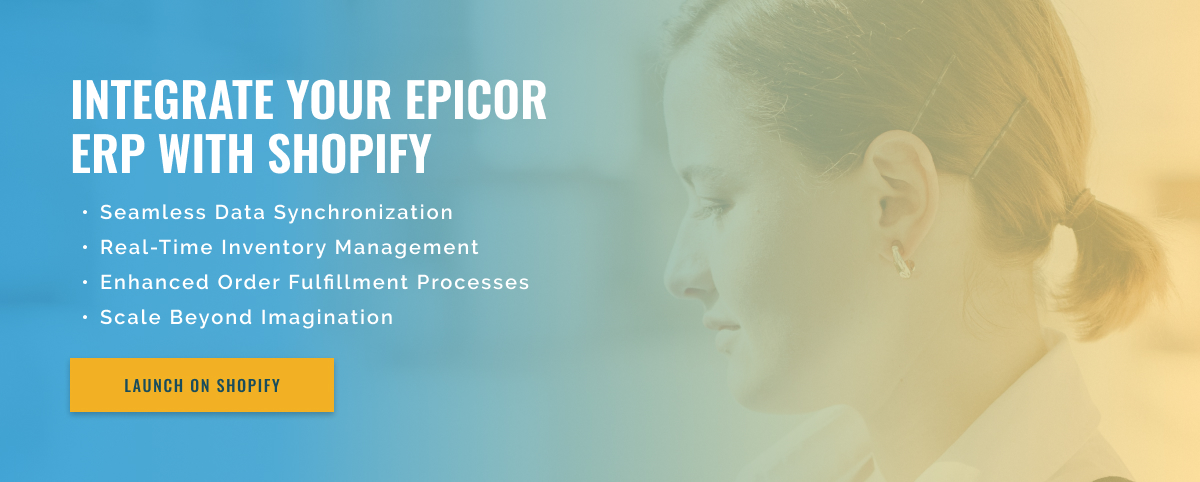3 minute read
Optimizing PLM: The Impact of Shopify Epicor Integration
In today’s eCommerce world, managing the product lifecycle can be a daunting task. However, with the growing popularity of online shopping, having a solid product lifecycle management (PLM) system has become a necessity for businesses. This is where the Shopify and Epicor integration comes in. Shopify and Epicor are two widely used platforms that recently joined forces to help businesses better manage their product lifecycles. In this blog, we delve into how this integration is revolutionizing PLM and its impact on businesses.
To start with, Shopify is a leading eCommerce platform that allows businesses to manage their online stores and sell their products worldwide. On the other hand, Epicor is a renowned enterprise resource planning (ERP) software that provides end-to-end solutions for businesses like supply chain management, inventory management, and accounting. The integration of these two systems has made it easier for businesses to manage the entire product lifecycle, from creation to distribution.
One of the key benefits of this integration is the ability to synchronize data, giving businesses a single source of truth. This eliminates the need for manual data entry or duplication, saving time and reducing the risk of errors. The integration also gives businesses access to real-time information, enabling quick decision-making and improving overall efficiency.
Additionally, the Shopify Epicor integration has significantly improved their order fulfillment processes. With the integration, orders placed in Shopify are automatically sent to Epicor for processing, eliminating the need for businesses to manually enter orders into both systems. This ensures a smooth and streamlined order fulfillment process, ultimately resulting in higher customer satisfaction.
What’s more, the integration also offers improved inventory management capabilities. With the ability to track inventory levels in real time, businesses can avoid out-of-stocks and overstocks, which can have a drastic impact on profit margins. The integration also provides better demand forecasting, helping businesses make data-driven decisions and minimize overstocks.
This integration also offers advanced reporting and analytics capabilities. By combining data from both platforms, businesses can gain valuable insight into their product lifecycles, sales trends, and customer behavior. This information is crucial in helping companies develop effective strategies to manage and improve their product offerings.
In short, the Shopify and Epicor integration revolutionized PLM for companies. It gave them a centralized platform to manage product lifecycles, which translated into improved efficiency, cost savings, and improved customer satisfaction.

